Sri Lanka polls: it's Rajapaksa's defeat that counts, not Ranil's victory
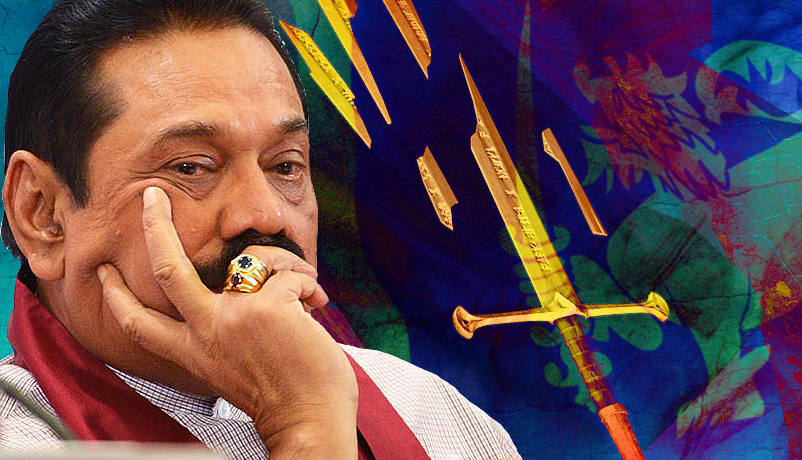
The election
- Ranil Wickremasinghe\'s UNP has won the Sri Lankan parliamentary elections
- Former president Mahinda Rajapaksa wanted to stage a comeback but was defeated in the polls
- But Rajapaksa did retain the support of his core supporters among poorer and chauvinistic Sinhalese
The impact
- This sends a clear signal that Sri Lanka doesn\'t want authoritarian politics
- Wickremasinghe will have to work hard to keep his loose coalition united
- Rajapaksa will find it difficult to keep his flock together
- Rajapaksa was pro-China. His defeat is good news for India
Sri Lanka has never witnessed such a peaceful election in recent history. Undoubtedly, the Election Commission has emerged a lone victor, by conducting free and fair elections with extraordinary zeal, curbing the influence of liquor, cut-outs and voter bribes.
The results of this election are significant for more than one reason.
As predicted by many pollsters, Prime Minister and United National Party leader Ranil Wickremasinghe managed to scrape through, albeit with some bruises. But the real story of of the election isn't Wickremasinghe's victory, it is the failed comeback of Mahinda Rajapaksa.
Rajapaksa checkmated
The former president created a flutter by throwing his hat in the ring at the last moment.
Rajapaksa was desperate to stage a comeback ever since he was defeated by loose coalition of opposition parties, former colleagues like Maithripala Sirisena and linguistic and ethnic minorities in the presidential elections in January. He was even willing to become prime minister, one position lower than the presidency which he made omnipotent during his tenure.
Rajapaksa did manage to retain his core support base among the poor and chauvinistic sections of the Sinhalese. He gave a tough fight to Wickremasinghe and many nervous moments to president Sirisena.
While conceding defeat, Rajapaksa expressed his hope to work as a member of the Opposition in Parliament. But his woes aren't going to end anytime soon.
For instance, he will have a tough time keeping his flock in Parliament together, as there are no stringent anti-defection laws in place. He is also likely to face increasing flak from his political rivals, both within and outside his party. There are many who would been keen to write his political obituary.
What the mandate means
PM Wickremasinghe said that people of Sri Lanka had given a mandate for "good governance" and "consensus-based politics". He urged people to shun the politics of division and polarisation.
But this is easier said than done. Besides keeping his opponents in good humour, Wickremasinghe will have to keep together the motley coalition that supports President Sirisena. It comprises diverse groups ranging from minority Tamil parties to Sinhala hardliners. The other challenge for him would be arriving at fine balance on how much powers the president's office should have.
Rajapaksa wanted to stage a comeback. Now defeated, he will find it difficult to keep his flock together
The rainbow alliance was stitched together on a single-point agenda - unseating Rajapaksa and ending the executive presidency. With the first task accomplished seven months ago, it fixed deadlines for achieving the latter.
Ironically, the outcome of the Parliamentary election may actually end up strengthening the presidency at the expense of Parliament. In all likelihood, Sirisena will try to consolidate his position in the party as well as the government
The Tamil vote
The Tamil minority has once again reposed its faith in the Tamil National Alliance, which was once dubbed a proxy of the now-decimated LTTE . It used to be criticised for not being able to effectively articulate the aspirations of Tamils in the corridors of power in Colombo.
In the Tamil-dominated areas, enthusiasm for the polls was lower as compared to the presidential election. Last time, their votes helped seal Rajapaksa's fate.
Thousands of Tamil civilians and LTTE cadres were killed in the 2009 war. After the victory of the Sri Lankan forces, Rajapaksa made no attempt towards a reconciliation.
Even the Sirisena regime hasn't taken any steps towards addressing the three major demands of the Tamils - bringing those guilty of war crimes to book, greater devolution of power and genuine efforts towards reconciliation.
Tamils and other ethnic and religious minority groups will continue to feel excluded unless the Sirisena-Ranil duo walks the extra mile to fulfill their aspirations.
The regime claims that justice, prosperity and development are its cornerstones. These cannot be achieved without strengthening democratic institutions and instilling confidence among minority communities. It also needs to mark a break from the jingoism that had characterised Rajapaksa's tenure.
What it means for India
As far as India is concerned, it can draw comfort from the defeat of Rajapaksa, who was known to be pro-China.
Perhaps the combination of a Sri Lanka Freedom Party president and a UNP PM is ideal for India. This will help keep bilateral ties on track and achieve something tangible for Tamils.
Rajapaksa's defeat sends one unambiguous signal: that there is no space for dictatorship in Sri Lanka.
The views expressed here are personal and do not necessarily reflect those of the organisation.
First published: 19 August 2015, 5:17 IST

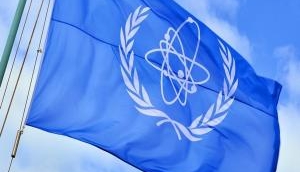
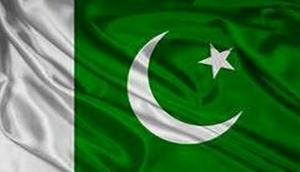
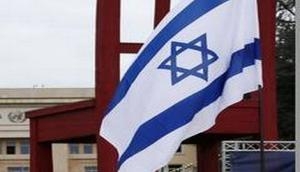
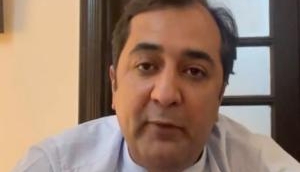

![BJP's Kapil Mishra recreates Shankar Mahadevan’s ‘Breathless’ song to highlight Delhi pollution [WATCH] BJP's Kapil Mishra recreates Shankar Mahadevan’s ‘Breathless’ song to highlight Delhi pollution [WATCH]](http://images.catchnews.com/upload/2022/11/03/kapil-mishra_240884_300x172.png)

![Anupam Kher shares pictures of his toned body on 67th birthday [MUST SEE] Anupam Kher shares pictures of his toned body on 67th birthday [MUST SEE]](http://images.catchnews.com/upload/2022/03/07/Anupam_kher_231145_300x172.jpg)






